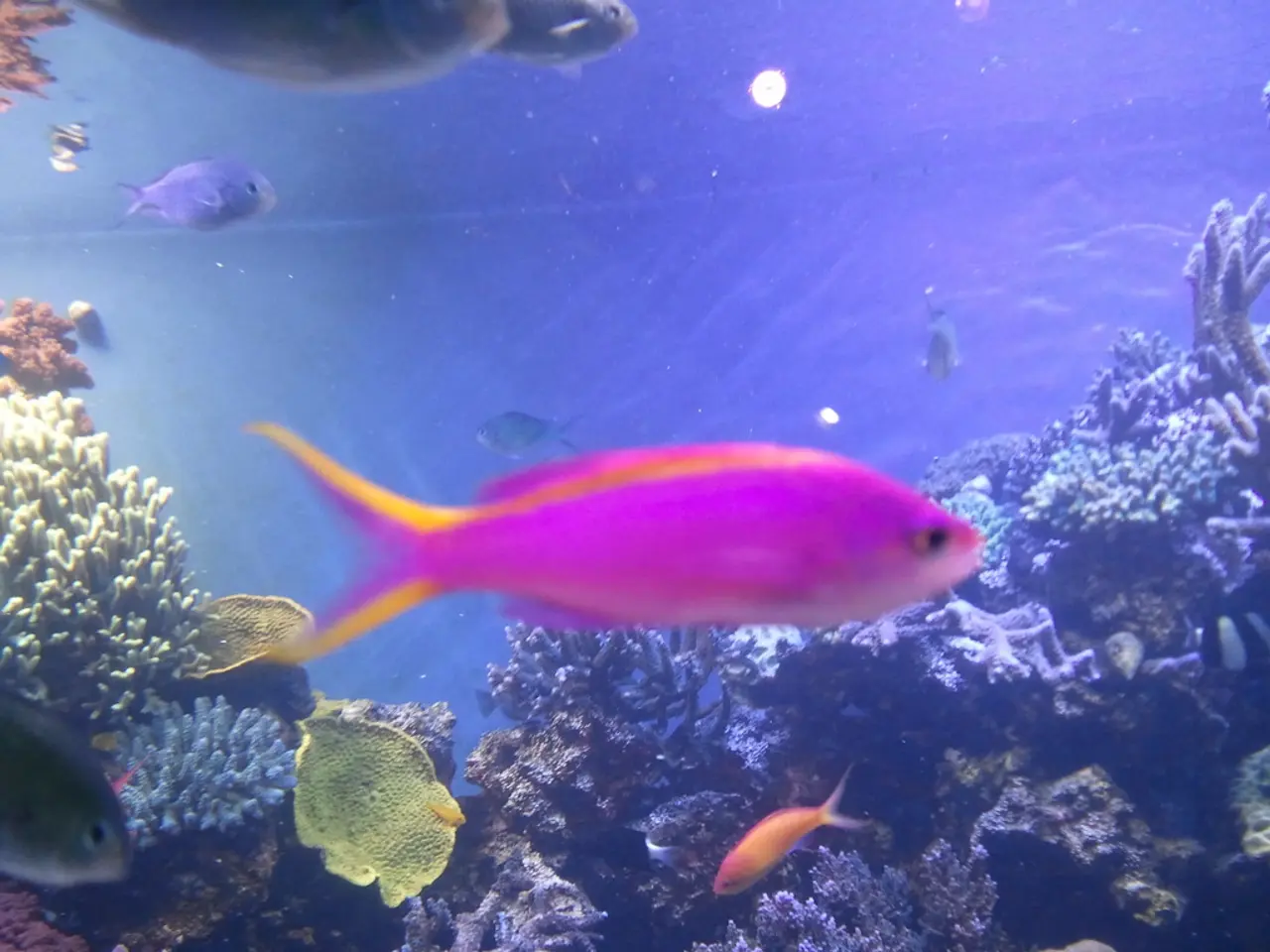Scientists Revolutionize Coral Drug Production
Scientists have made a groundbreaking discovery that could revolutionize the production of powerful anti-cancer and anti-inflammatory compounds found in certain corals. A research team led by the Scripps Research Institute has identified the genetic blueprint for producing diterpenoids, enabling them to mass-produce these compounds in laboratory settings using synthetic biology techniques.
Previously, the production of these compounds was hindered by the slow growth of octocorals, which include sea fans and sea pens. These organisms produce diterpenoids as part of their natural defense systems but grow at a painfully slow pace, making traditional farming methods impractical. Now, researchers have identified a cluster of five genes responsible for diterpenoid production across multiple octocoral species. This discovery allows scientists to transfer the genetic instructions to fast-growing bacterial or yeast systems for large-scale production.
The implications of this breakthrough are significant. Diterpenoids have shown remarkable effectiveness against multiple cancer cell lines and inflammatory conditions. However, previous research was limited by supply constraints. This discovery solves a decades-old supply problem, enabling scientists to mass-produce these compounds without harvesting rare, slow-growing corals. Moreover, this breakthrough represents the first major step in scalable marine-derived drug production, potentially opening access to entirely new classes of therapeutic compounds. The ocean, covering 70% of Earth's surface, remains largely untapped for pharmaceutical potential despite terrestrial nature providing half of all current medicines.
The identification of the genetic blueprint for producing diterpenoids in certain corals is a significant milestone in marine pharmacology. It paves the way for large-scale production of these powerful compounds, potentially leading to new treatments for cancer and inflammation. This breakthrough could also mark the beginning of a new era in drug discovery, with the ocean's vast pharmaceutical potential now within reach.







